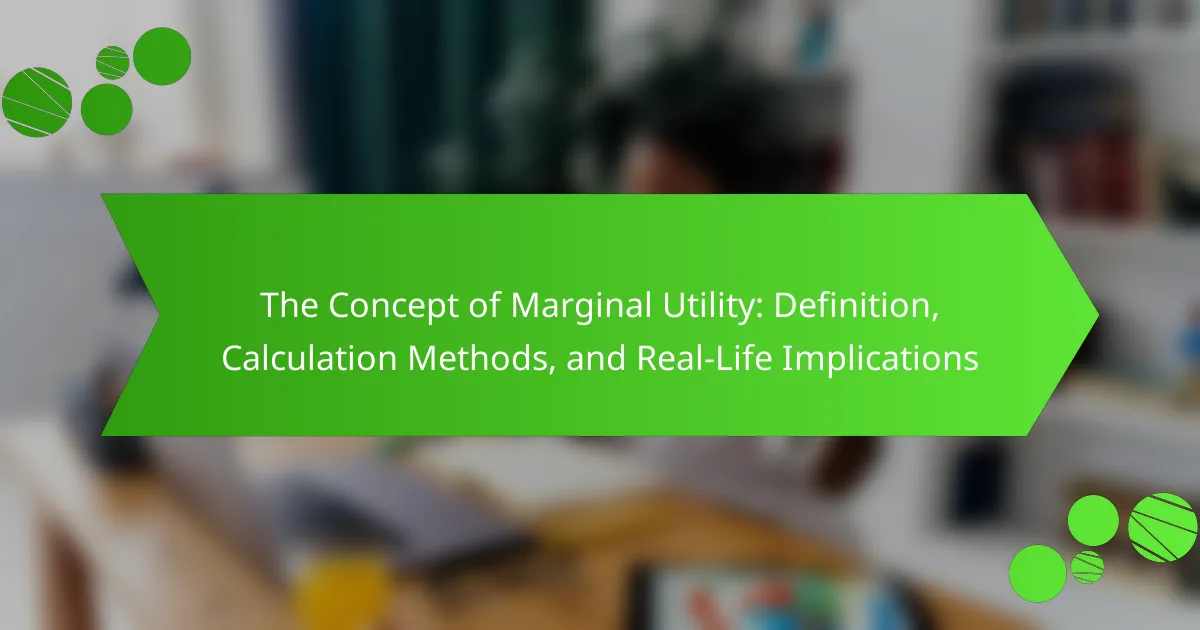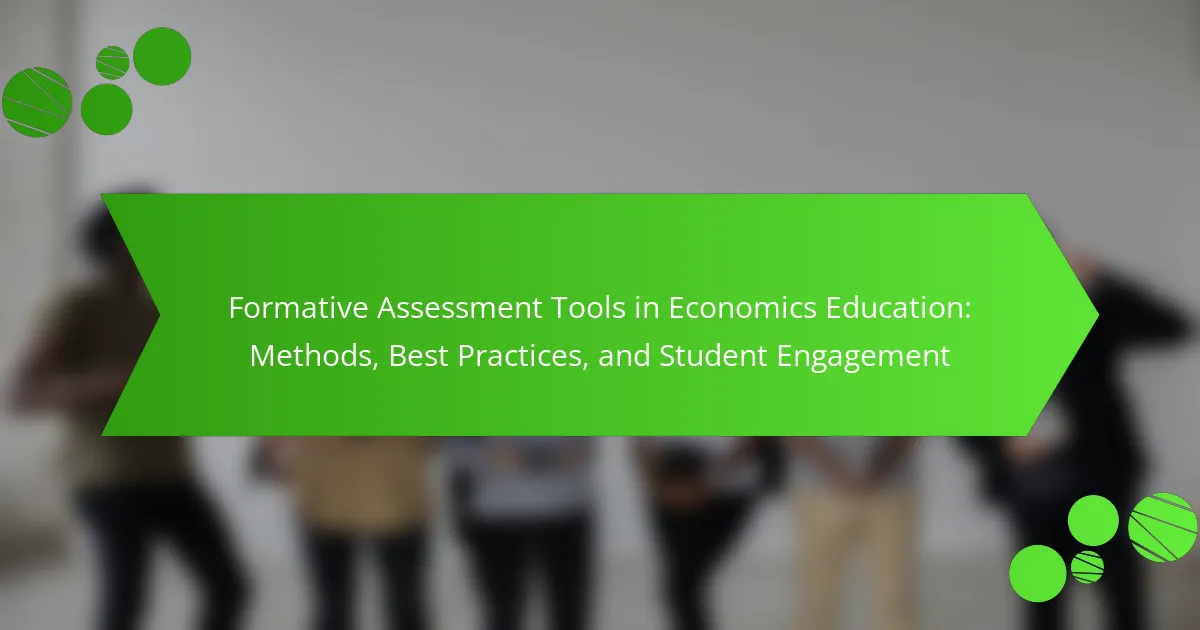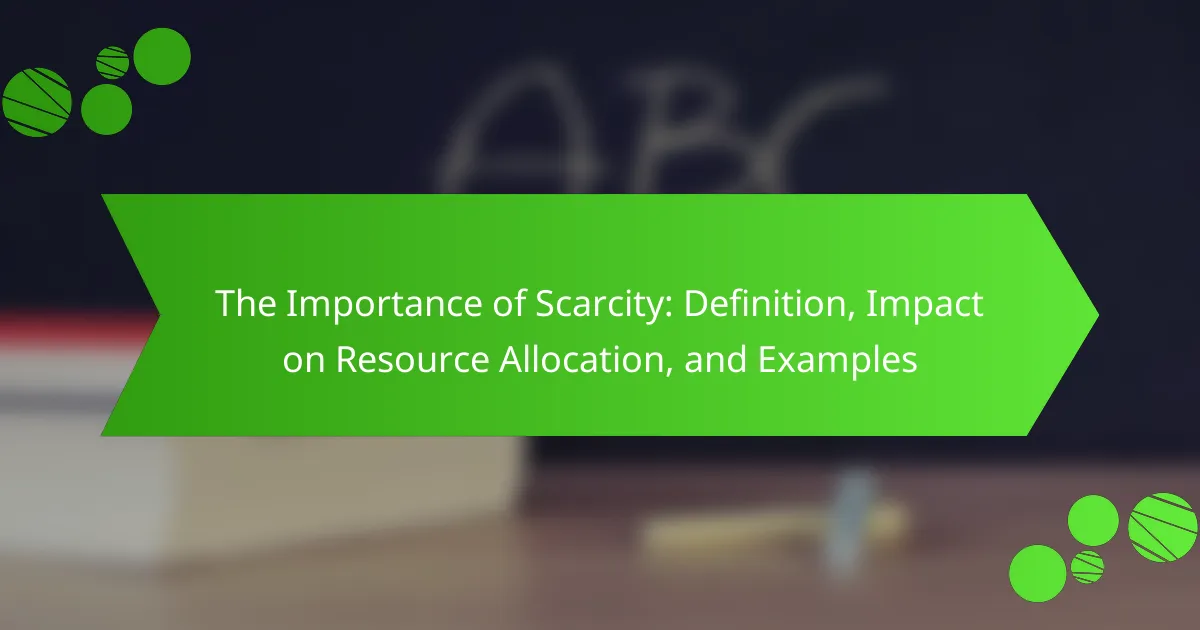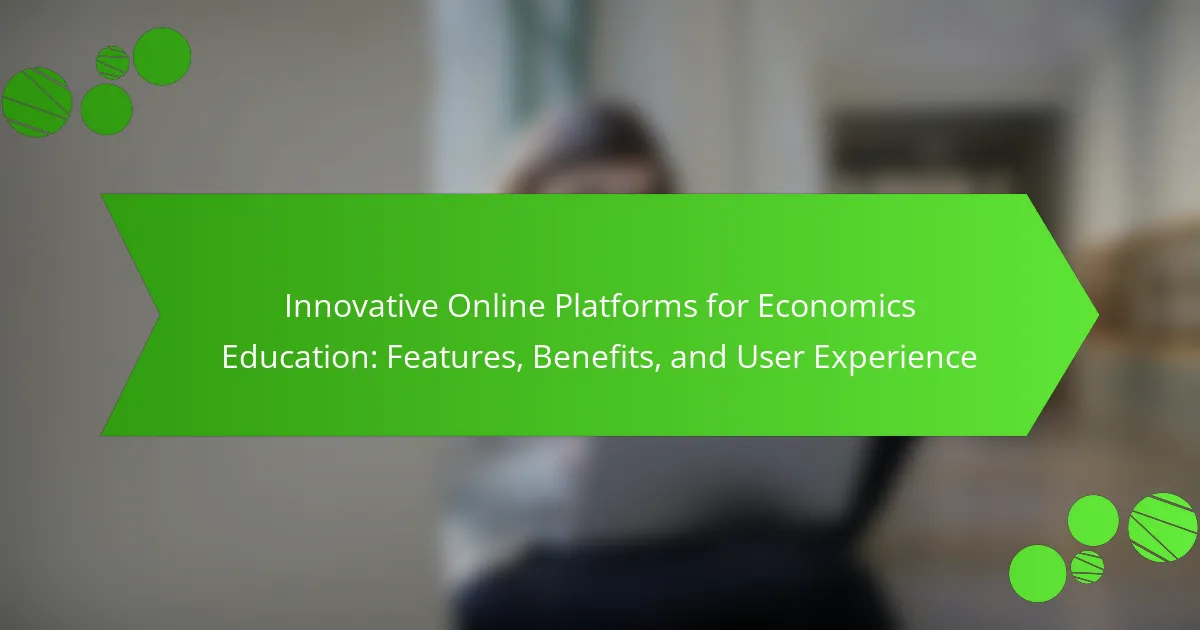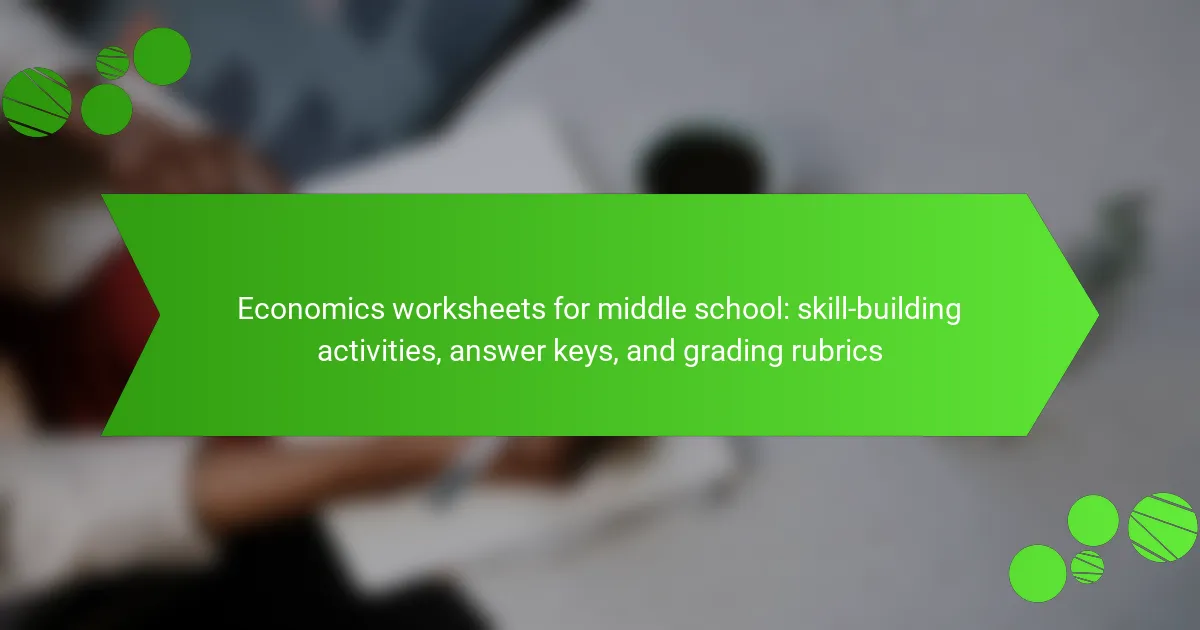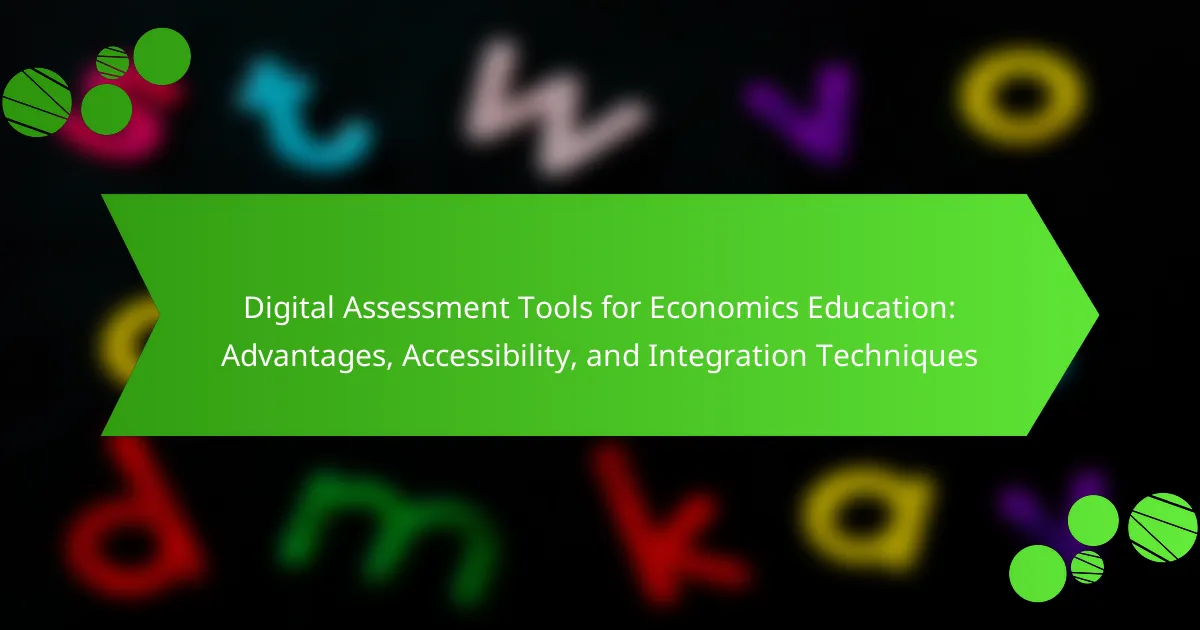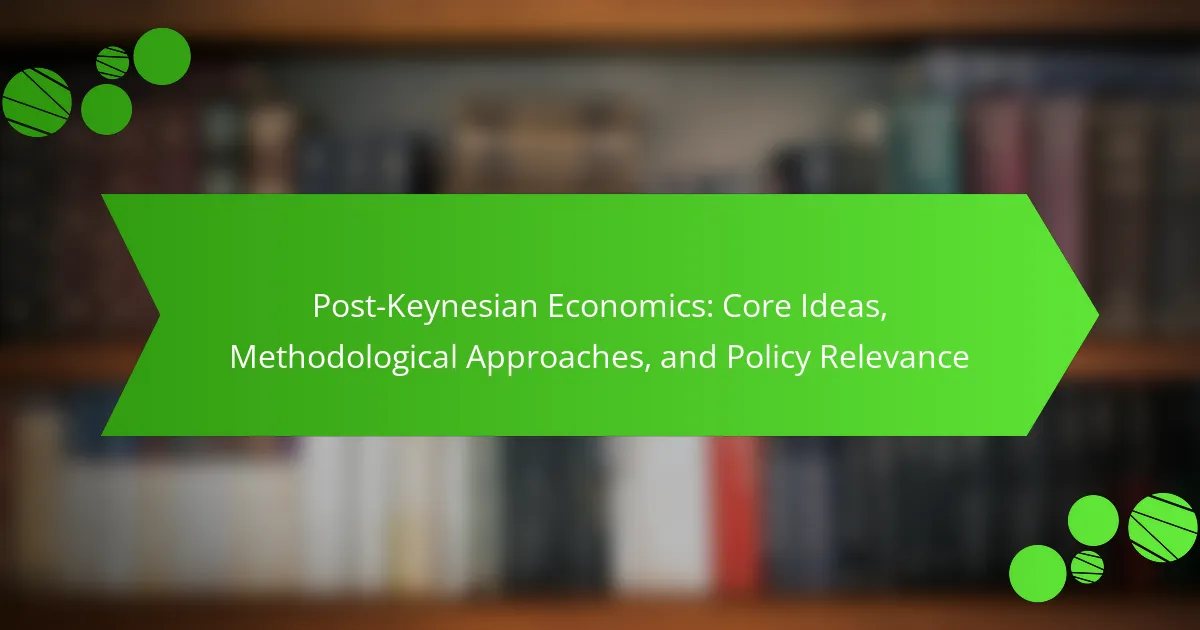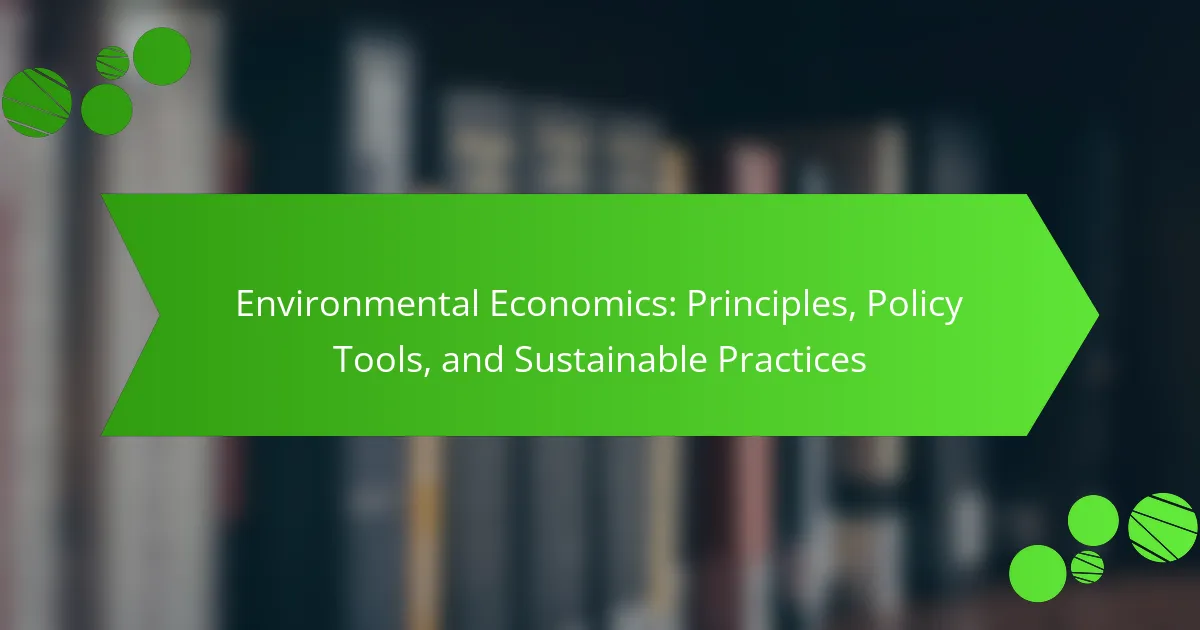
Environmental Economics: Principles, Policy Tools, and Sustainable Practices
Environmental economics is a specialized field that analyzes the economic implications of environmental policies and practices. It focuses on the interaction between economic activities and environmental outcomes, evaluating costs and benefits associated with environmental protection. The article delves into various policy tools utilized in environmental economics, including market-based instruments like carbon taxes, regulatory measures such…
